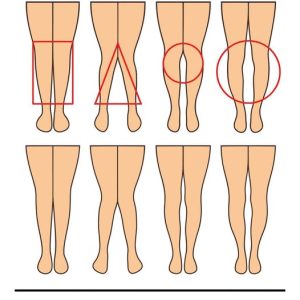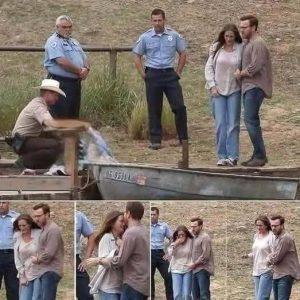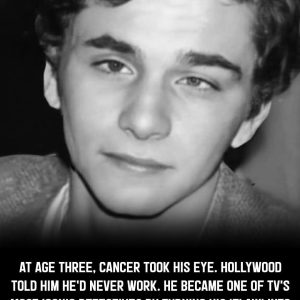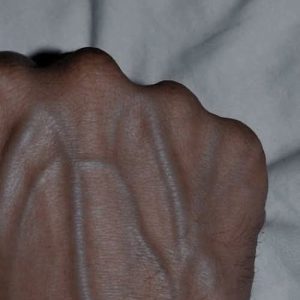The narrator’s world begins to fracture when her sister Lia, who moved in six months earlier after claiming to flee an abusive relationship, becomes the center of unsettling tension in the household. Although the narrator welcomed her with hopes of rebuilding a distant sibling bond, subtle signs of strain soon appeared. Her husband Marcus grew withdrawn, their conversations dwindled, and their once warm routines faded. The whispers between him and Lia, the sudden silences when the narrator entered the room, and the emotional distance that replaced familiar intimacy all built a quiet but heavy sense of unease. She wanted to believe stress or coincidence explained it, but confusion gave way to dread when she unexpectedly overheard Marcus telling Lia, “Either you leave or I will.”
Confronting them, the narrator braced herself for a confession of betrayal, but what unfolded was something more complicated and devastating. Marcus insisted there was no affair, then revealed the secret he had been holding back: Lia’s story about a heartbreaking breakup was a fabrication. She hadn’t fled abuse—she had fled accountability. According to Marcus, Lia had been involved in fraud, stealing money from her ex and her former job, and moved in to hide while under investigation. When confronted, Lia didn’t deny it; instead, she grew cold, dismissing her lies with casual cruelty. Marcus further revealed that Lia had also been quietly manipulating the narrator, planting seeds of distrust toward him and trying to fracture their marriage from within.
The revelation left the narrator reeling, unsure how to reconcile the woman she had comforted with the one standing before her. When pressed, Lia showed flashes of anger, entitlement, and disdain, as though her sister’s home—and trust—were simply tools she deserved to use. Ultimately, the narrator asked her to leave. Lia departed without apology or explanation, but the emotional destruction she left behind lingered. The narrator tried to process not only the betrayal but the humiliation of having ignored her own instincts for so long. She and Marcus struggled to navigate the fallout, unsure how to rebuild after such a tangled web of deception.
The situation escalated when police contacted them a week later about an ongoing investigation into Lia’s crimes. Neither the narrator nor Marcus had reported her, but the discovery of Lia’s old phone—taken by their young daughter Ava because she thought it was broken—changed everything. Hidden inside were incriminating emails, bank information, and messages detailing past scams and bragging about escaping consequences. Realizing the weight of the evidence and understanding the need to protect her family, the narrator made the painful decision to bring the phone to the police herself. The choice wasn’t about retaliation; it was about integrity, closure, and reclaiming a sense of control after months of chaos.
As the family tried to heal, Marcus expressed remorse for not speaking up sooner, explaining that he had been torn between protecting his wife and hoping Lia would quietly disappear without further harm. The couple sought counseling, where the narrator wrestled with anger not only at Lia but at herself for overlooking warning signs and silencing her instincts. Slowly, life steadied. Marcus began reconnecting emotionally, returning to old habits like cooking their comfort foods. They took Ava camping, trying to rebuild normalcy. Healing came in layers—quiet conversations, difficult questions, and a commitment to addressing issues before they had room to grow into disasters.
Then a letter arrived from Lia, written from jail. In it, she expressed shock that her sister had turned over the phone but admitted she might have needed that push to finally confront her life’s direction. She apologized and asked not to be hated. The narrator wasn’t ready to respond, but she did find a way to explain the situation to Ava in terms a child could understand: that love doesn’t erase big mistakes, but sometimes it requires distance. In the aftermath, the house felt lighter, as if honesty had cleared months of tension. The narrator came to recognize that family can carry both love and deception, and that self-protection is not cruelty but strength. She reflects that trust, once broken, takes courage to rebuild—but choosing healing, boundaries, and self-respect is its own kind of victory.




